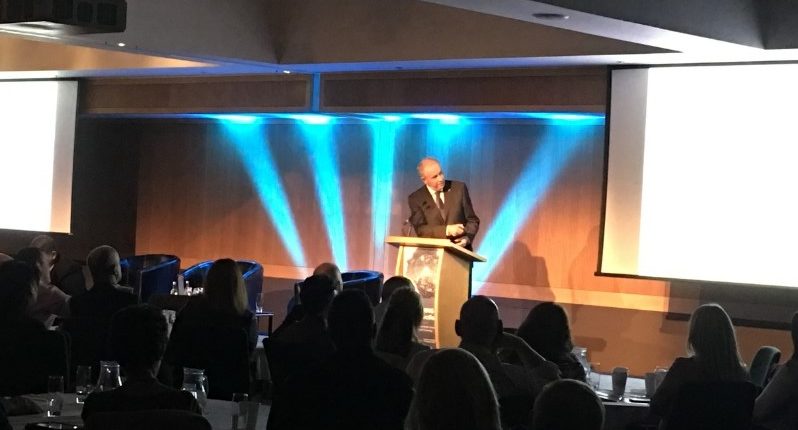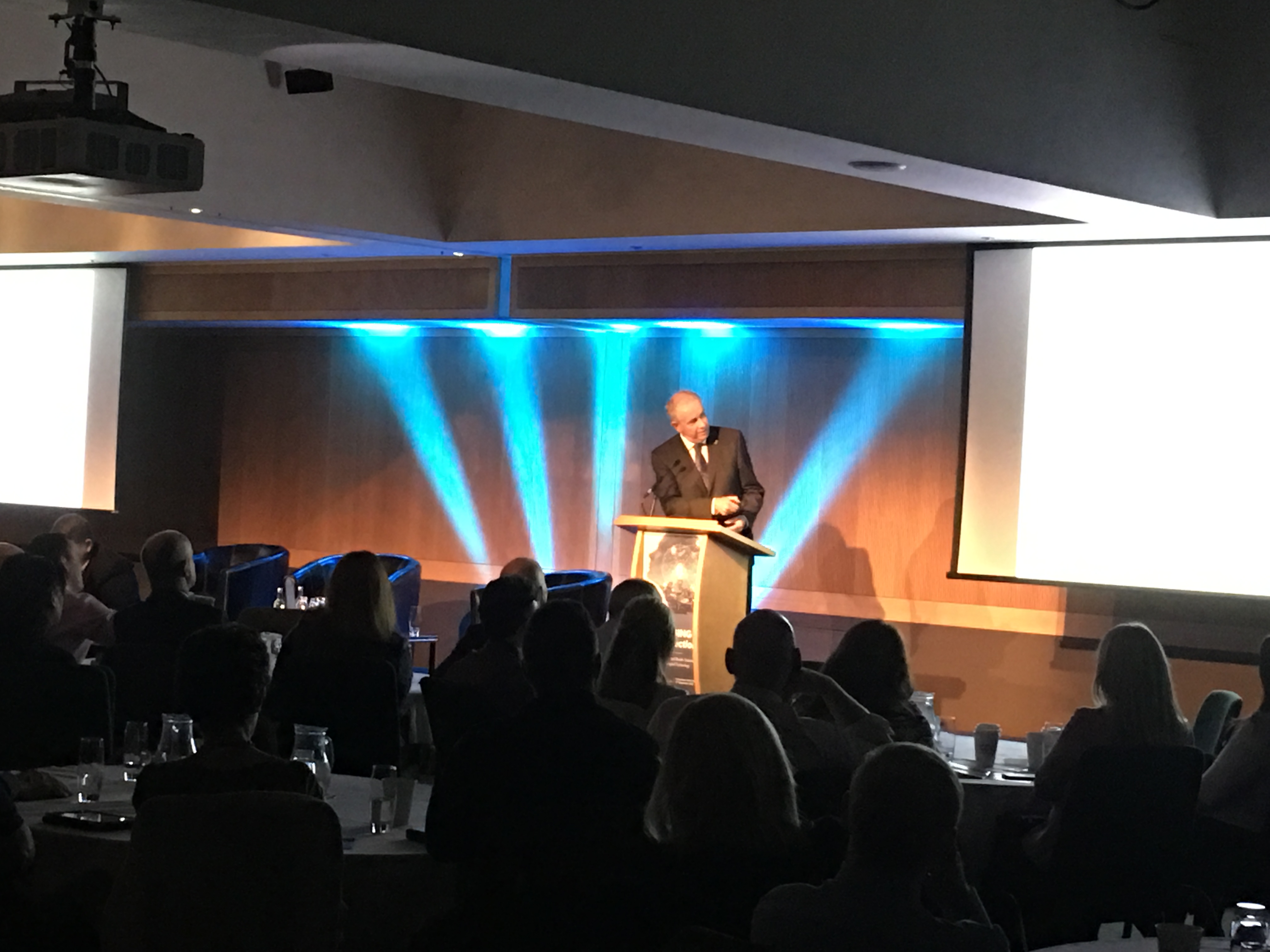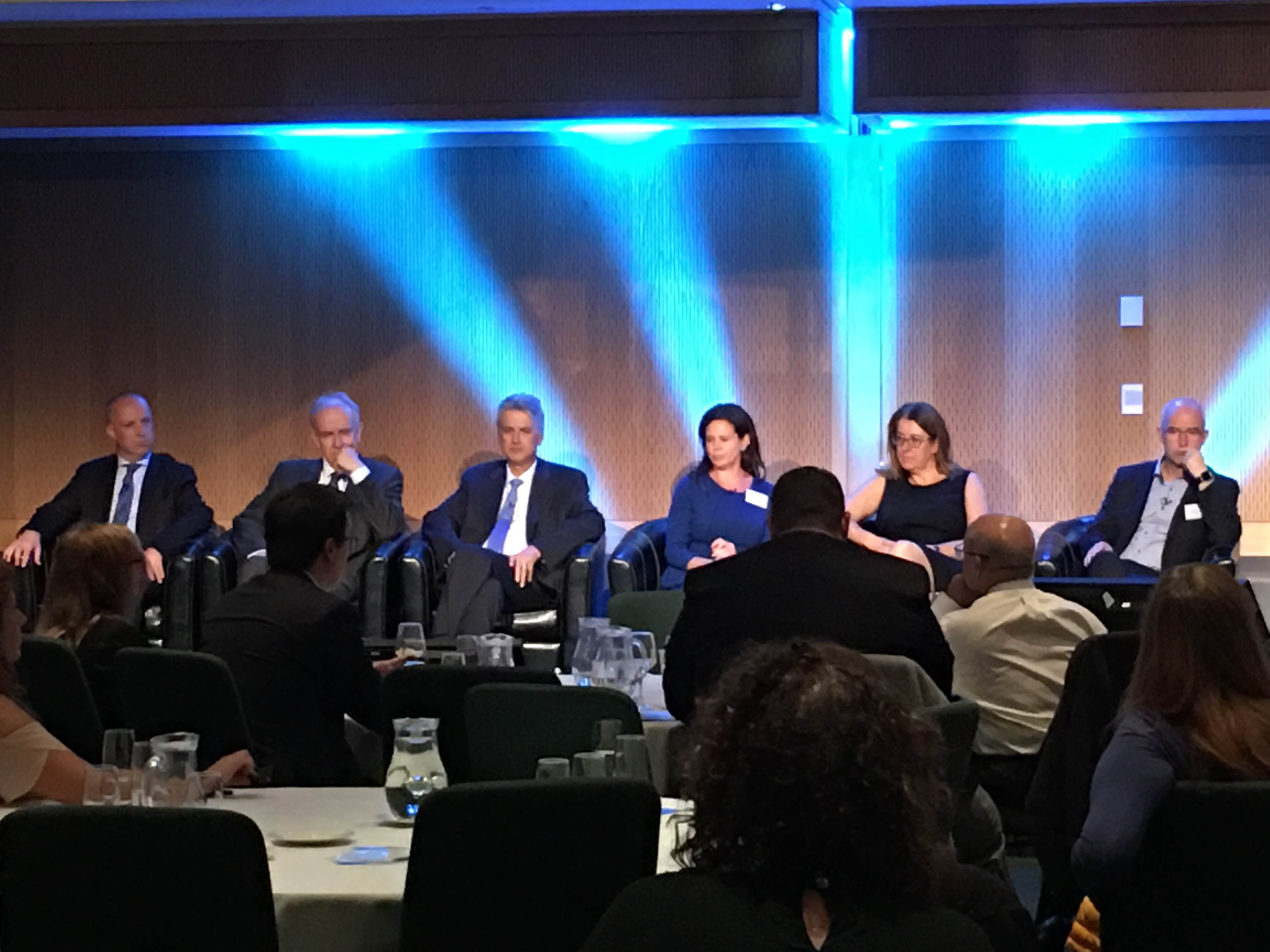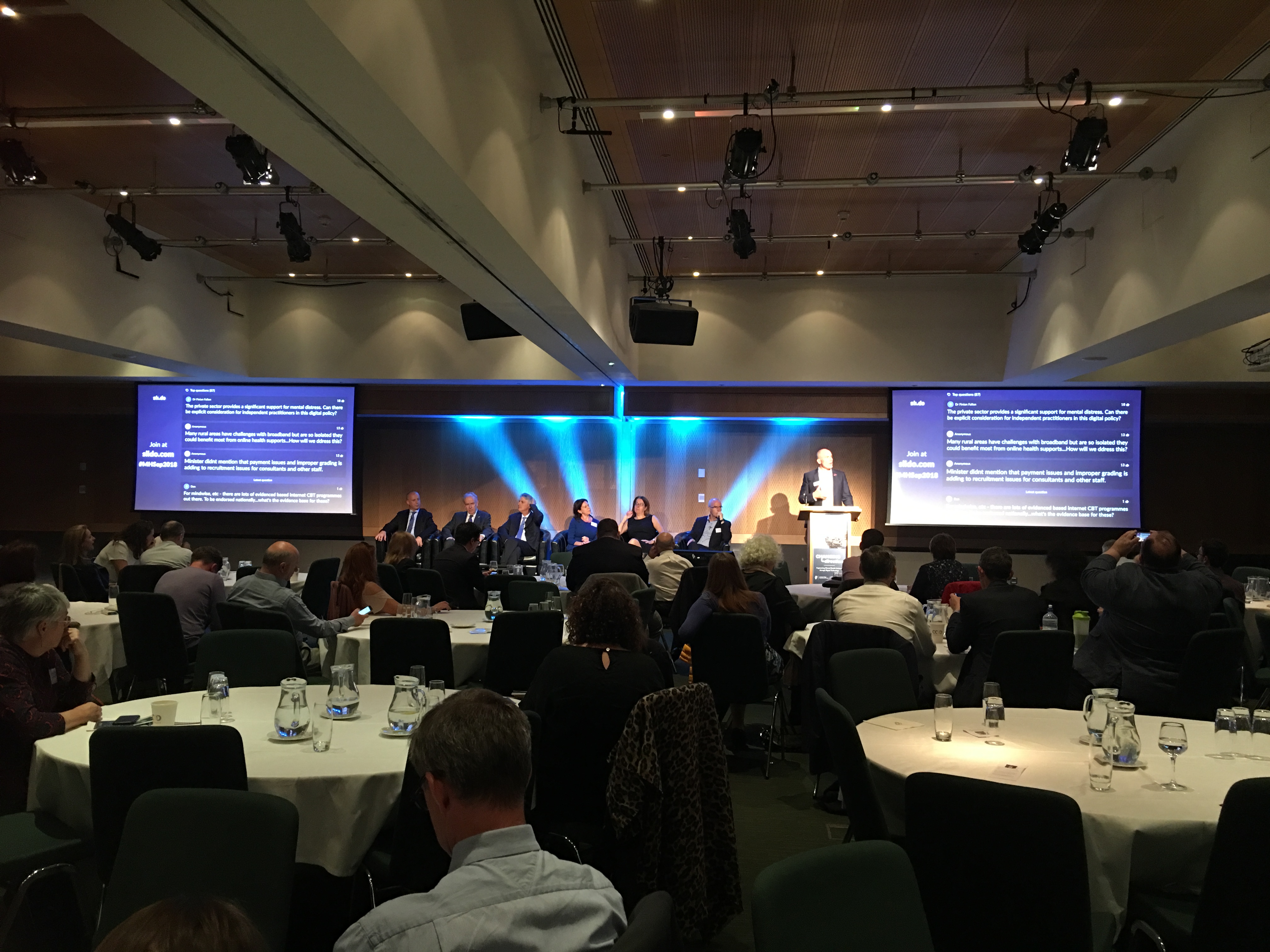Blog
Digital Technology in Mental Health Services: Dr John Hillery & Dr Bobby Smyth
- September 25, 2018
- Posted by:
- Category: About The College Blog College in the media Conferences Events External Affairs & Policy Of interest from media Uncategorized

 Minister for Mental Health, Mr Jim Daly, hosted a conference entitled ‘Changing Direction: Augmenting Mental Health Solutions’ on Monday 17th September. Dr John Hillery, as president of the College of Psychiatrists of Ireland, presented at the conference. International and national health professionals, already successfully utilising digital technologies, provided and overview of services being delivered in various jurisdictions.
Minister for Mental Health, Mr Jim Daly, hosted a conference entitled ‘Changing Direction: Augmenting Mental Health Solutions’ on Monday 17th September. Dr John Hillery, as president of the College of Psychiatrists of Ireland, presented at the conference. International and national health professionals, already successfully utilising digital technologies, provided and overview of services being delivered in various jurisdictions.
Dr Hillery briefly outlined the current issues regarding digital technologies in medicine and provided a synopsis of the feedback from the recent survey conducted by College members on ‘Telepsychiatry‘.
He stressed that no matter what technologies are available, patients will still require access to fully trained specialists and the broad variety of therapeutic supports that modern psychiatric practice expects.
As well as a functioning electronic file system this requires investment and information on which to base appropriate use of that investment. This must be a priority.
Following the conference Dr Hillery along with Dr Bobby Smyth, Consultant Child & Adolescent Psychiatrist on Telepsychiatry spoke with Mary Wilson on RTÉ Radio One’s Drivetime and discussed what it is, how it could work and barriers or current concerns.
Note RTE One Drivetime with Mary Wilson has 226,000 listeners (JNLR/ Ipsos MRBI April 2017 – March 2018 Adults 15+)
Telemedicine has been around for many years and at its most basic level it encompasses a lot of things that doctors currently use today; telephone, email, and teleconferencing to meet with other people. What telepsychiatry proposes is using a television link to see someone who is at a distance in order to examine and interact with them and hopefully come to a diagnosis and a treatment plan.
Minister Jim Daly has said he intends to begin telepsychiatry pilot projects in Ireland. We know from research in the US that it can be useful. Yet there are concerns, and clarity is needed to know how it will work in Ireland.
Dr Hillery also highlighted that no matter what technology is used to help individuals, specialists are still needed to assess people. The country is still going to need more staff and funding with a focus on recruitment and retention. Other resources are also needed such as a digital record system for easier access to notes even in remote places.



